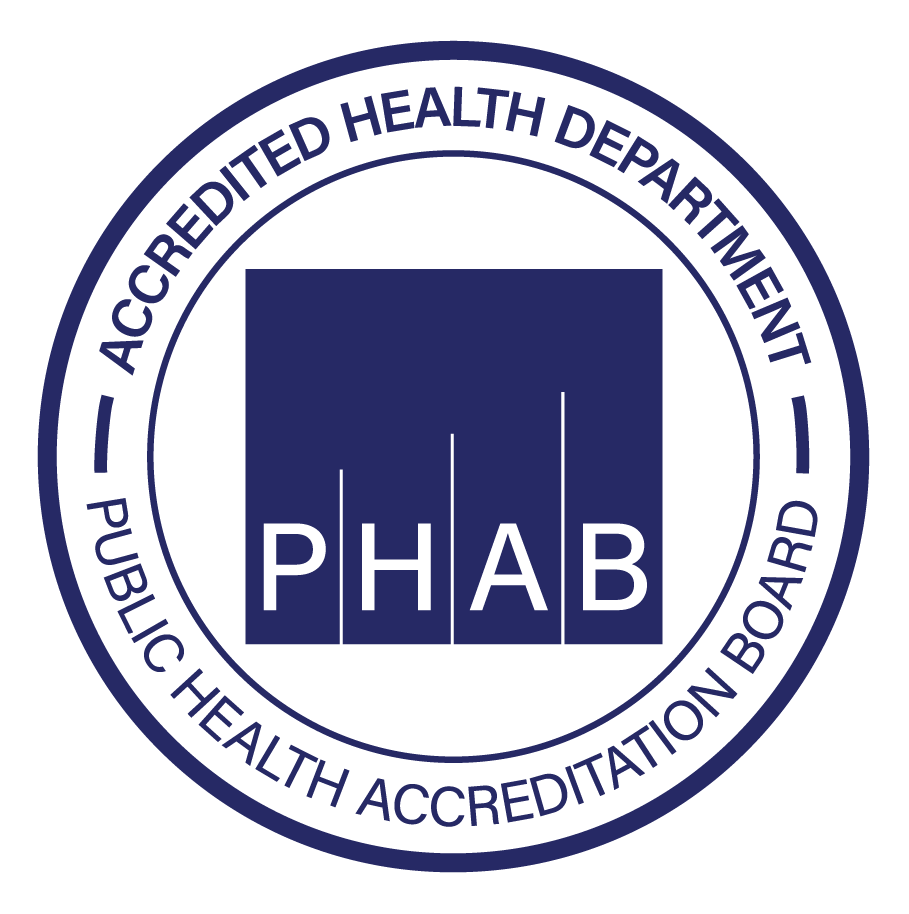Preconception Care
 Preconception care is the promotion of the health and well being of a woman and her partner before pregnancy, with the goal of identifying medical and social risk factors that may put the mother or fetus at risk. The critical period of fetal development is between days 17 and 56 after fertilization, which is 2 to 3 days after the missed menstrual period, through the 9th week of pregnancy. This time period, known as organogenesis, is when the major organs are formed. Women generally wait two weeks to a month after their missed menstrual period before conformation of their pregnancy. By this time many organs have already formed. Any medical conditions, nutrition problems, life-style habit or environmental conditions could affect the baby long before the woman realizes she is pregnant.
Preconception care is the promotion of the health and well being of a woman and her partner before pregnancy, with the goal of identifying medical and social risk factors that may put the mother or fetus at risk. The critical period of fetal development is between days 17 and 56 after fertilization, which is 2 to 3 days after the missed menstrual period, through the 9th week of pregnancy. This time period, known as organogenesis, is when the major organs are formed. Women generally wait two weeks to a month after their missed menstrual period before conformation of their pregnancy. By this time many organs have already formed. Any medical conditions, nutrition problems, life-style habit or environmental conditions could affect the baby long before the woman realizes she is pregnant.
The traditional early prenatal visit is too late to prevent some birth defects. Preconception care reviews women's genetic, nutrition, medical, social and life style risk factors before pregnancy. In doing so, any risks can be discovered and corrected, or at least minimized, before pregnancy occurs. Up to 70% of birth defects have no known cause; therefore, preconception care will not prevent all birth defects. But this approach assures women enter pregnancy in the healthiest state possible. In addition, women need to remember some important wellness issues: only when they take care of themselves, can they take care of their families; women positively impact the health of their families; and health habits developed early remain throughout life.
For more information on preconception care and having healthy babies, visit the Preparing for a Lifetime, It's Everyone's Responsibility website.



